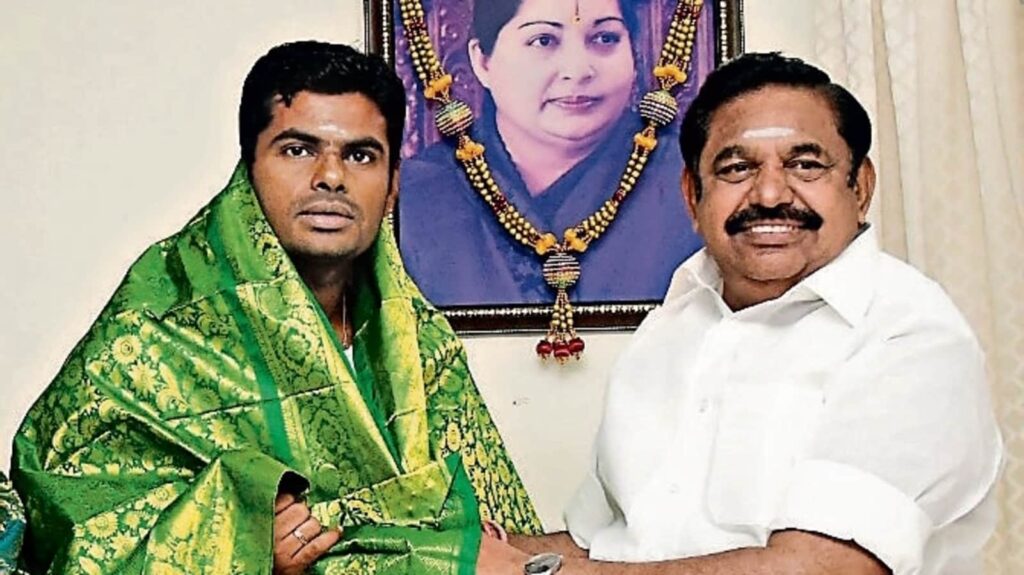The decision of the All India Anna Dravida Munnetra Kazhagam (AIADMK) to leave the National Democratic Alliance (NDA) is likely to impact the BJP’s electoral prospects in Tamil Nadu. Though the other parties in the NDA such as Pattali Makkal Katchi are yet to reveal their stand, the NDA will shrink as a coalition since the AIADMK has been its mainstay. In contrast, the Secular Progressive Alliance (SPA) led by the DMK is a formidable coalition: It includes the Congress, the Communist parties and the main Dalit outfit, Viduthalai Chiruthaigal Katchi (VCK), that have pockets of influence across the state. In the 2019 general election, the SPA won 38 of the 39 Lok Sabha seats, and two years later, won the state assembly polls with 159 of the 234 assembly seats. Between the general election and assembly polls, the AIADMK had narrowed the gap with the DMK, and the NDA was expected to put up a good fight against the SPA in the upcoming general election. However, the AIADMK has concluded that it is better placed outside the NDA umbrella.
The AIADMK’s departure from the NDA is the result of ideological contradictions that had developed with the alliance. The BJP state leadership, particularly current chief K Annamalai, has been pursuing an aggressive Hindutva agenda as part of the party’s plan to expand its footprint in Tamil Nadu. This led the party to attack the icons and rationalist ideals of the Dravidian movement. Over the past few months, Annamalai has made controversial remarks about Periyar E V Ramaswamy and CN Annadurai, key figures in the Dravidian movement. The recent controversy over Sanatana Dharma has also polarised the state with the BJP leadership criticising the Dravidian movement. The AIADMK, which was formed following a split in the DMK in 1972, claims the legacy of Periyar and Annadurai, could not have condoned these comments that questioned the foundational beliefs of the party.
Interestingly, the BJP refused to rein in its party chief despite numerous appeals from the AIADMK. The silent endorsement of the hard ideological line followed by the state leadership suggests that the BJP may be willing to risk marginalisation in the short term to pursue its long-term goals in Tamil Nadu. Its tactical alliances in the past with the Dravidian outfits were limited to electoral goals — the central leadership had avoided confrontation with the Dravidian movement’s rationalist politics. That phase seems to have ended. For now.

